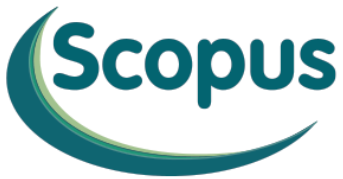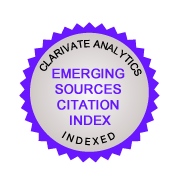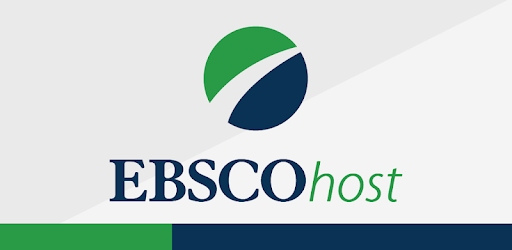Development and Validation of the Teacher Leadership Competency Scale
DOI:
https://doi.org/10.32890/mjli2016.13.2.2Keywords:
Teacher Leadership Competency, Structural Equation Modeling, Exploratory Factor Analysis, Confirmatory Factor Analysis, Developmental Leadership Behavior of Principals, Teacher Commitment to ChangeAbstract
Purpose – The main purpose of the study was to develop an empirically validated Teacher Leadership Competency Model (TLCM) which would enhance teacher leadership competencies in Malaysian secondary schools. There is currently no established instrument that measures teacher leadership competency, particularly in the Malaysian context. Methodology – Structural equation modeling (SEM) utilizing AMOS Version 22 was employed to develop the model. Exploratory factor analysis was utilized to identify the underlying factors, whereas confirmatory factor analysis was employed to test the construct of the TLCM. The study particularly targeted a total of 928 trained teachers from 58 high-performing secondary schools in Malaysia. It explored their perception of the notion of teacher leadership competencies and their commitment to change their initial role as classroom leaders to teacher leaders in their respective schools. Findings – The Teacher Leadership Competency Model (TLCM) was found to be a fit and reliable model with all fit statistics set well above the threshold level. The Teacher Leadership Competency Scale (TLCS), which comprised 21 items, would also benefit school principals in assessing the effectiveness of teacher leadership and teacher commitment in assuming new leadership roles in school change initiatives. The finding has also encouraged a fresh look at the implementation of teacher leadership programmes aimed at successful change in schools. Significance – This study has pioneered research in the measurement of teacher leadership competency, the first of its kind, in the Malaysian context. Teacher leadership is a critical component in shifting the paradigm of teacher isolation to one of collaboration in the Malaysian school context. The findings of the TLCM will also benefit educational practitioners in designing a Teacher Education Model for Malaysia.Metrics
Metrics Loading ...
Additional Files
Published
29-12-2016
How to Cite
Chee Yuet, F. K., Yusof, H., & Syed Mohamad, S. I. (2016). Development and Validation of the Teacher Leadership Competency Scale. Malaysian Journal of Learning and Instruction, 13(2), 43–69. https://doi.org/10.32890/mjli2016.13.2.2
Issue
Section
Articles




























